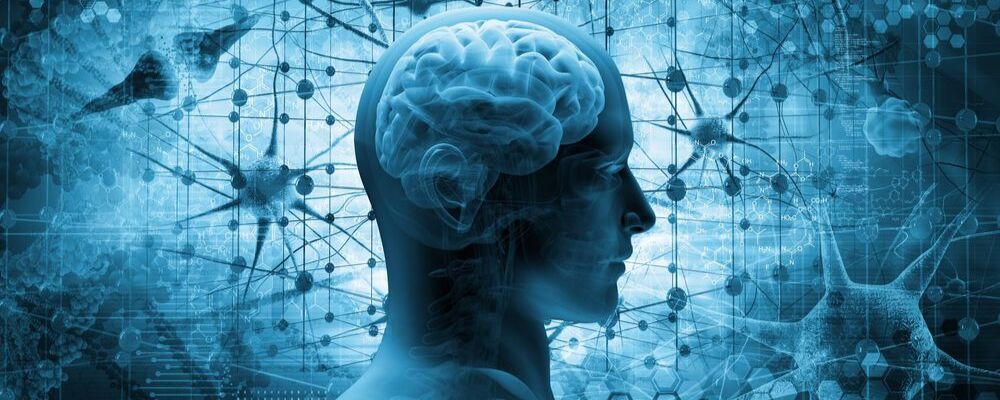
In recent years, artificial intelligence (AI) has increasingly become a cornerstone of innovation in various fields, including mental health. Machine learning for mental health is transforming how we approach mental health support, offering new tools and solutions to address issues ranging from depression and anxiety to stress management and cognitive disorders. This blog explores how AI is making a significant impact on mental health care and why it matters.
Understanding the Role of AI in Mental Health
AI and machine learning are not just buzzwords; they are driving substantial advancements in mental health care. By analyzing vast amounts of data, AI systems can identify patterns and predict mental health issues before they become critical. This predictive capability is crucial for early intervention and personalized treatment plans.
Machine Learning Algorithms Enhancing Mental Health Care
Machine learning algorithms are being employed to analyze various forms of data, including patient records, behavioral patterns, and social media activity. These algorithms can:
- Predict mental health conditions: By recognizing early signs of mental health disorders, AI can alert healthcare providers to intervene sooner.
- Personalize treatment plans: AI helps in tailoring treatment options to individual needs based on data-driven insights.
- Improve patient monitoring: Continuous data collection through wearable devices and mobile apps allows for real-time tracking of mental health status.
AI-Powered Tools for Mental Health Support
Several AI-powered tools are now available to support mental health, including:
- Chatbots and Virtual Therapists: AI-driven chatbots offer immediate, around-the-clock support and can provide initial counseling or therapy sessions.
- Predictive Analytics: Tools using predictive analytics can forecast potential mental health crises and recommend preventive measures.
- Emotion Recognition Software: AI systems can analyze speech and facial expressions to detect emotional states, aiding in the early diagnosis of mental health issues.
Benefits of AI in Mental Health
The integration of AI into mental health care presents numerous benefits:
- Enhanced Accessibility: AI tools can provide support to individuals in remote or underserved areas where traditional mental health services may be limited.
- Cost Efficiency: Automated systems can reduce the costs associated with mental health care by minimizing the need for in-person consultations.
- Real-Time Data: Continuous monitoring provides up-to-date information, leading to more timely and effective interventions.
Challenges and Ethical Considerations
Despite its potential, the use of AI in mental health care also brings challenges, such as:
- Data Privacy: Ensuring the protection of sensitive patient information is paramount.
- Algorithm Bias: AI systems must be designed to avoid biases that could affect the quality of mental health care.
- Human Oversight: AI tools should complement, not replace, human therapists and healthcare providers.
The Future of AI in Mental Health
The future of AI in mental health looks promising, with ongoing advancements in technology and increased adoption of machine learning techniques. As AI continues to evolve, it will likely play an even more significant role in transforming mental health care, making support more accessible, personalized, and effective.
Conclusion
AI and machine learning for mental health are revolutionizing how we approach mental well-being. From predictive analytics to AI-powered support tools, these technologies offer new ways to enhance mental health care. Embracing these innovations can lead to better outcomes and more comprehensive support for individuals facing mental health challenges.
For more insights into the role of AI in mental health, stay tuned to our blog and follow the latest trends in AI and mental health advancements.






